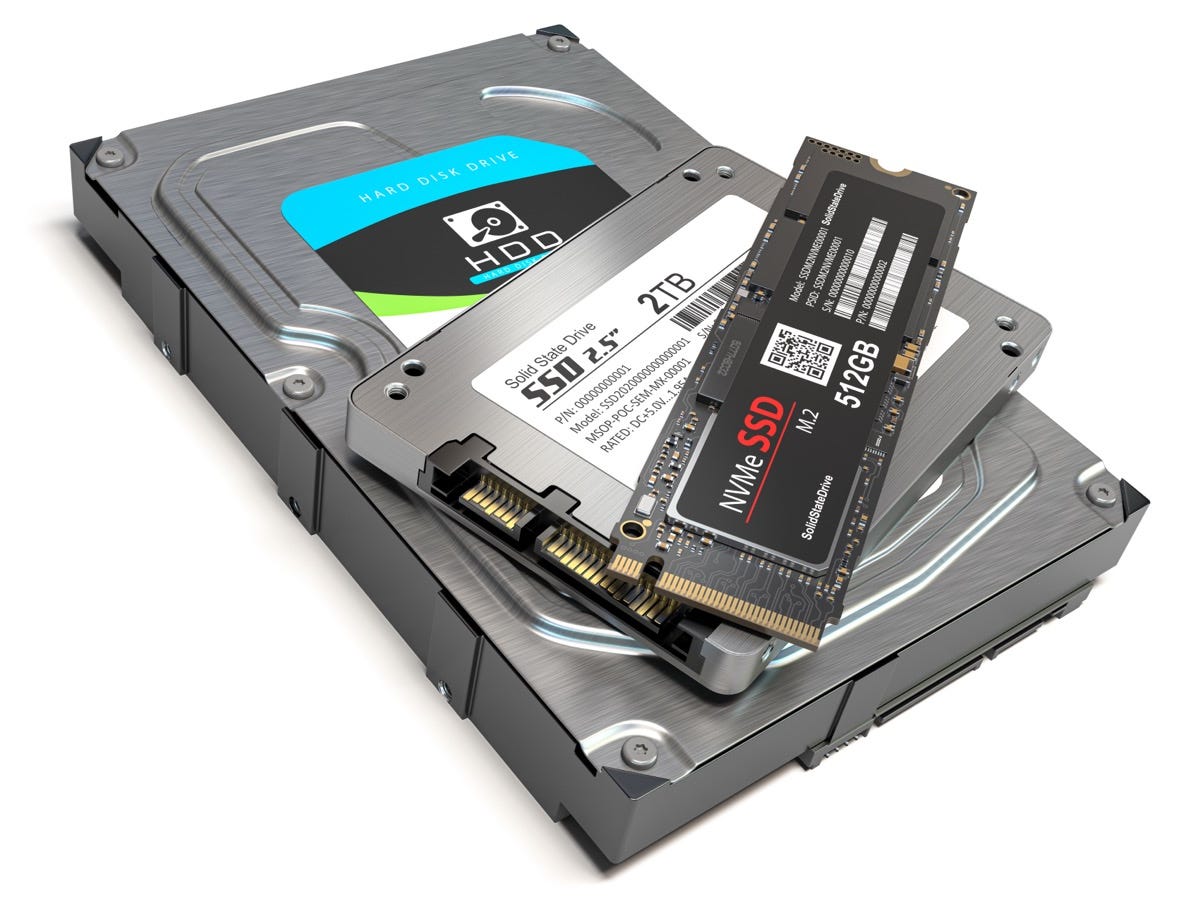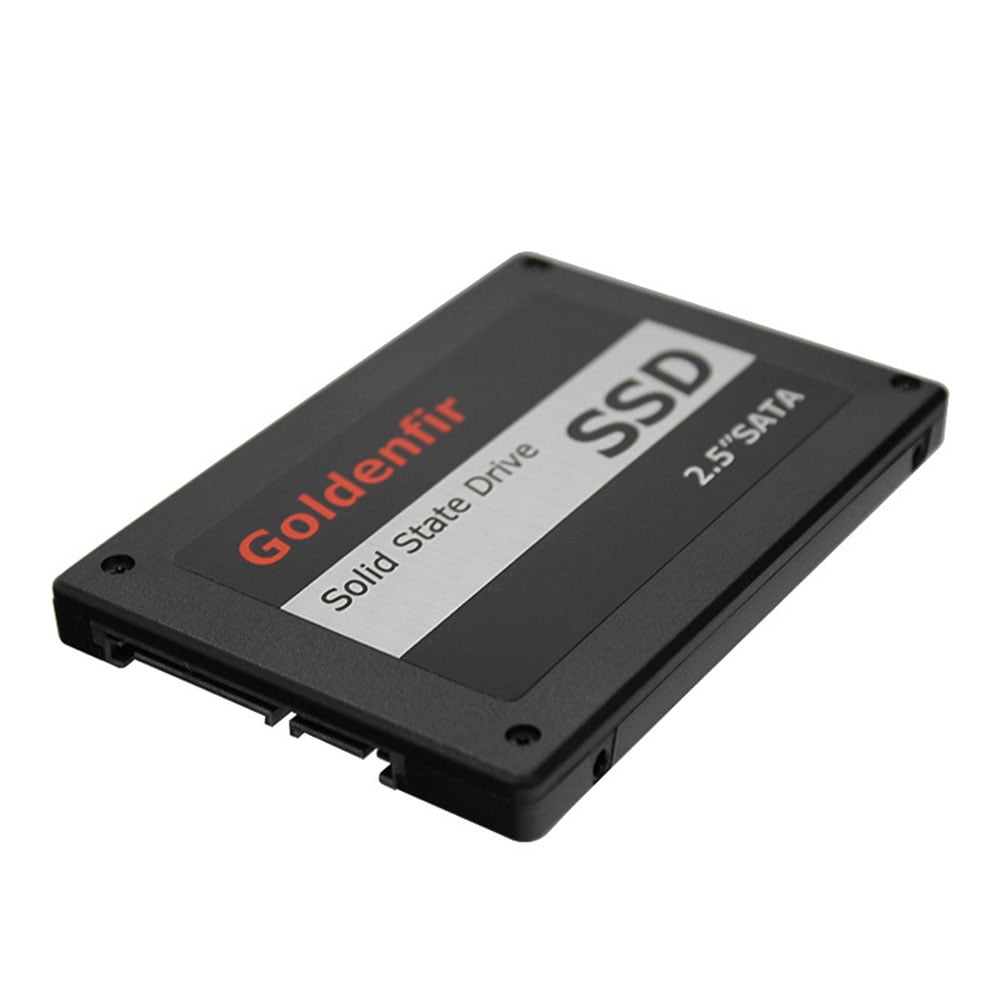
What is a Solid State Drive (SSD)?
A Solid State Drive (SSD) is a type of storage device used in computers. Unlike traditional hard drives, SSDs use flash memory to store data, which means they have no moving parts. This makes SSDs faster and more reliable. They help your computer start up quickly and load files or programs much faster than older hard drives.
Back Home
How does an SSD work?
An SSD works by storing data in flash memory chips. These chips are similar to the ones used in USB drives. When you save a file, the data is written to these memory chips, and because there are no moving parts, it’s much quicker than traditional hard drives. This results in faster access times and less waiting when opening files or booting up your computer.

What are the benefits of an SSD?
SSDs offer several benefits over traditional hard drives. They are much faster, so your computer can start up, load programs, and open files more quickly. SSDs are also more durable because they don’t have moving parts, which makes them less likely to fail due to physical damage. Additionally, they use less power, which can help extend the battery life of laptops.

How does an SSD compare to a traditional hard drive?
SSDs are much faster than traditional hard drives. While a hard drive uses spinning disks and a moving read/write head to access data, an SSD uses flash memory, which allows it to access data almost instantly. This means that SSDs can improve your computer's performance significantly, especially in terms of boot times and file access speeds. Additionally, SSDs are more durable and use less energy compared to traditional hard drives.
Recap
What is an SSD?
An SSD is a storage device that uses flash memory with no moving parts.
How does an SSD work?
It stores data in flash memory chips for quick access.
What are the benefits of an SSD?
SSDs are faster, more durable, and use less power than traditional hard drives.
How does an SSD compare to a traditional hard drive?
SSDs are faster, more reliable, and use less energy compared to traditional hard drives.